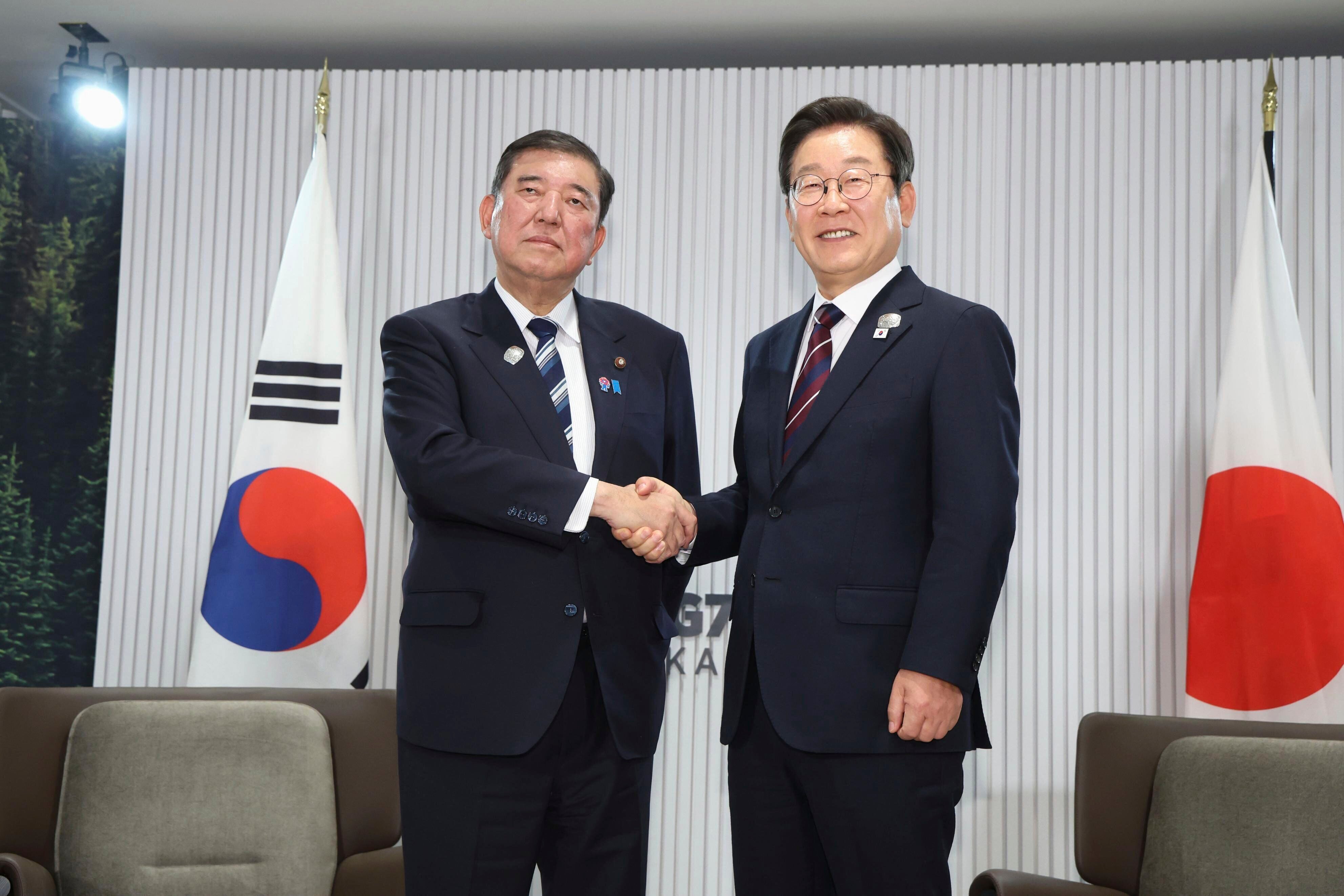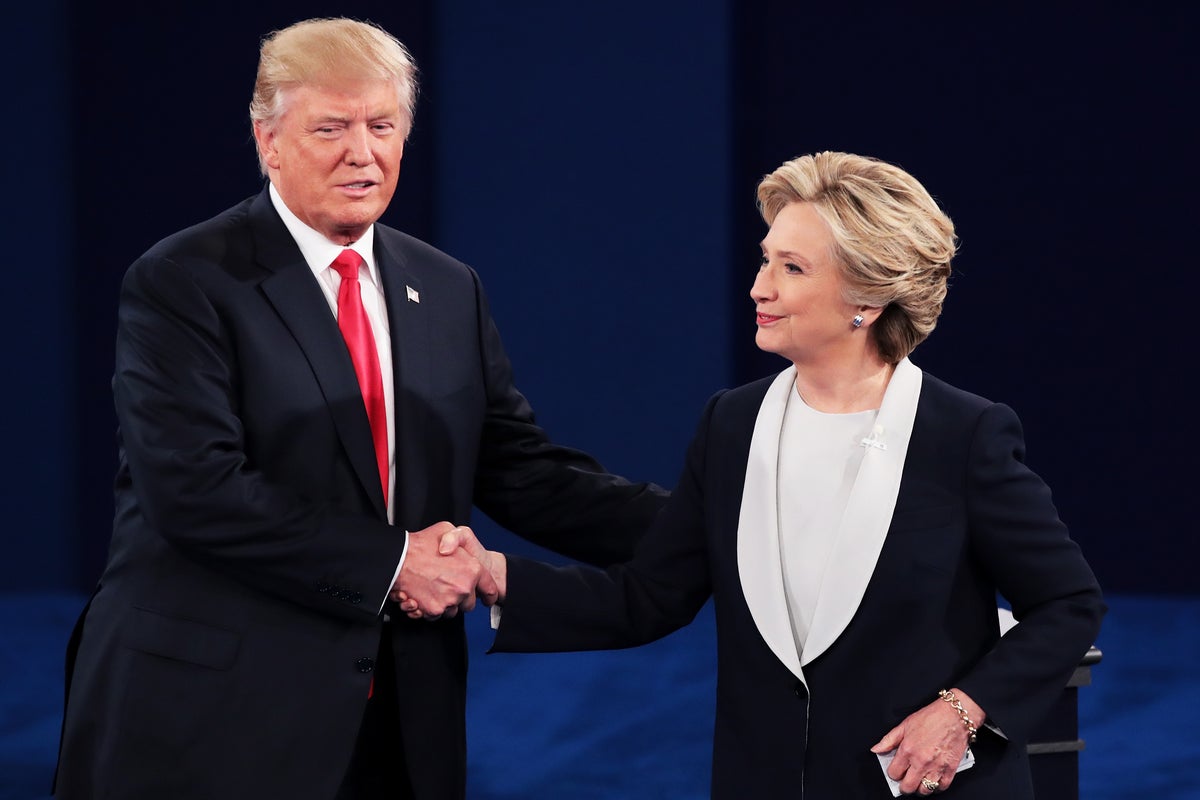South Korean president Lee Jae Myung has urged Japan to confront its colonial past, while reaffirming the need for future cooperation.
In his Liberation Day address on 15 August, marking 80 years since the end of Japanese colonial rule, Mr Lee said many South Koreans “still bear the pain of past injustices,” and stressed that unresolved historical grievances continue to hinder bilateral ties.
“We must remember the dreams of those who resisted Japanese colonial rule while holding on to hope that one day Korea and Japan could become true neighbours,” he said during the ceremony in the country’s capital Seoul, according to a report byThe Korea Herald. “It is time to squarely face the past while also wisely stepping forward into the future.”
“Japan is our neighbour across the sea as well as an indispensable partner in our economic development,” he said.
Mr Lee’s remarks come at a delicate moment in Seoul-Tokyo relations. Though Japan is seen as an indispensable partner in trade and security, historical disputes over Japan’s wartime use of forced labour and the issue of “comfort women,” have long strained ties.
South Korean courts have ruled in favour of victims seeking redress, but Tokyo maintains that all compensation was settled under the 1965 treaty normalising diplomatic relations.
Despite his past reputation as a vocal critic of Japan, Lee has adopted a more pragmatic tone since taking office in June. He has shown support for continuing the previous administration’s compensation plan, which would use a South Korean government-backed fund rather than demanding payment from Japanese firms directly.
He reiterated his commitment to “shuttle diplomacy” with Tokyo with reciprocal visits and frequent talks with the Japanese prime minister Shigeru Ishiba, whom he is set to meet in Tokyo on 23 August.
Tensions also flared this week after Japanese ministers visited the Yasukuni Shrine in Tokyo, a site seen by many Koreans as glorifying Japanese war criminals. Seoul’s foreign ministry responded with a formal protest, saying such actions glorify “Japan’s war of aggression and enshrines war criminals”.

In his speech, Mr Lee also acknowledged the ongoing pain of wartime sexual slavery victims. “Comfort women still live without freedom and peace of mind, even 80 years after liberation,” he said in a separate address on Thursday, vowing to restore their dignity and honour.
The president also used the occasion to outline a broader diplomatic strategy rooted in reconciliation and peace, particularly toward North Korea. He declared that South Korea would not seek reunification by absorption, in contrast to the rhetoric of his predecessor Yoon Suk Yeol, who previously referred to North Korea as a “frozen kingdom” needing liberation.
“We affirm our respect for the North’s current system,” Mr Lee said, a Korea Times report stated. “We will not pursue any form of unification by absorption and have no intention of engaging in hostile acts.”
He pledged gradual steps to restore the 2018 inter-Korean military pact that was suspended under the Yoon administration. The agreement aimed to halt all hostile military activity near the border, and Lee’s government has already removed propaganda loudspeakers and discouraged leaflet campaigns.
The South Korean military said last week that North Korea had also begun dismantling its own loudspeakers along the inter-Korean border, though Pyongyang later denied this, raising doubt on any immediate thaw in relations.
In a statement published in KCNA news agency on Thursday, Kim Yo Jong, deputy director of North Korea’s propaganda department, said: “We have never removed loudspeakers installed on the border area and are not willing to remove them.”
“We have clarified on several occasions that we have no will to improve relations with the ROK, the US faithful servant and ally, and this conclusive stand and viewpoint will be fixed in our constitution in the future,” Ms Kim added, referring to South Korea as the Republic of Korea.
Lee also reaffirmed that a peaceful Korean Peninsula requires both denuclearisation and sustained dialogue. While acknowledging the difficulty of the task, he called for inter-Korean and US-North Korea negotiations, supported by international cooperation, to lay the groundwork for eventual peace.
Looking inward, Lee used the Liberation Day platform to pay tribute to Korean independence fighters, pledging expanded compensation for their families and the preservation of historical memory. “Honouring the proud history of our struggle against imperial Japan is how we protect our community’s past, present, and future,” he said.
He closed his address with a call for domestic political reform, expressing regret over “divisive politics rooted in outdated ideologies and factions,” and urging a culture of dialogue and compromise.



